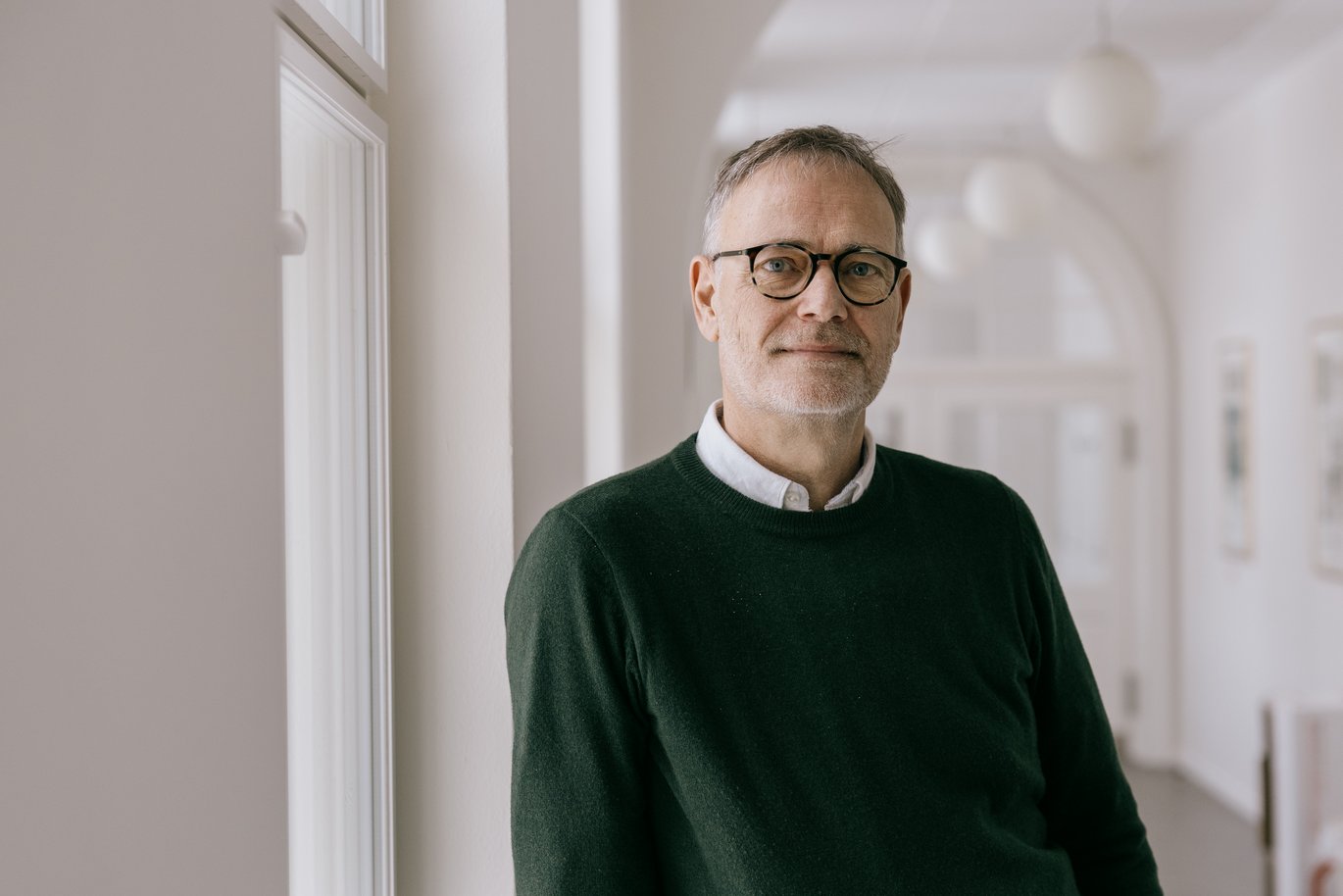New rules: What they mean for you applying for research funding
Agreement between Danish Universities and six major private foundations will have a significant impact on researchers applying for funding for research projects.

Standard terms in research funding
- Project supplement: A fixed amount awarded per project-employed scientific FTE to cover ancillary costs of research projects.
- Full cost: This includes all expenses related to a research project. It encompasses both direct and indirect costs, ensuring the project is fully covered financially.
- Direct costs: Expenses that can be directly attributed to a specific research project. This includes salaries for project staff, laboratory equipment, supplies, and travel expenses.
- Indirect costs: Expenses that cannot be directly attributed to a specific project but are necessary to support the research. This includes costs for administration, building maintenance, electricity, and other shared resources.
- Cost coverage: The process by which all necessary expenses for a research project are identified and included in the budget. Cost coverage ensures that both direct and indirect costs, as well as project supplements, are covered, allowing the project to proceed without financial issues.
If you are a researcher applying for external funding for a research project, you need to be aware of new guidelines that have just come into effect for covering ancillary costs.
The new guidelines result from an agreement between Danish Universities and six of the country's largest private research foundations.
Specifically, the agreement stipulates that the six foundations' contributions to covering ancillary project costs will now be provided as a project supplement, aimed at ensuring a more sustainable economy. Project supplements can be applied for based on full-time equivalents (FTEs) for Ph.D. fellows, postdocs, research assistants, and similar positions.
Due Diligence
Vice Dean for Research at Health, Per Brøndsted Höllsberg, emphasizes the importance of researchers thoroughly understanding the rules for project supplements.
“It is absolutely crucial that our researchers apply for these supplements correctly and on time, as adjustments to project supplements cannot be made during the project if it is discovered that a larger amount was actually eligible,” he says.
“Therefore, we will also prioritize providing researchers with the necessary support and guidance during the application process,” he adds.
The agreement between Danish Universities and the six foundations aims to create a standardized and simplified application process, making it easier for researchers to apply for and manage research funding.
Which applications does this apply to?
The new guidelines apply to applications for research projects under 50 million kroner in open calls to the following foundations:
- Novo Nordisk Foundation
- Villum Foundation
- Carlsberg Foundation
- VELUX Foundation
- Lundbeck Foundation
- LEO Foundation
- TrygFonden - (has joined the agreement)
Here is what the new guidelines mean for you when applying for funding from the involved foundations:
- Plan carefully: Make thorough budgeting and planning for your research project to account for all potential costs.
- Include project supplements in applications: Ensure that you include the designated project supplements in your budgets for new research applications. This is crucial for covering all costs from the outset.
- Stay informed: Keep up with updates and guidance from the university and the foundations to ensure compliance with the latest requirements and guidelines.
- Contact administration: If you have questions or need help understanding how the new rules affect your specific project, contact Health Finance
Budget template to assist with coverage
To ensure that research projects are fully funded in the future, it is important, according to Per Brøndsted Höllsberg, to be aware of all expenses.
“It is crucial not to forget to apply for the costs that are not covered by the project supplement, such as a service provided by a core facility or similar, so we get as close as possible to covering the actual costs of the project,” he says.
To support researchers and ensure that all direct and ancillary costs are included in applications to the six foundations, Health Economy, in collaboration with the institutes, has developed a budget template that calculates project supplements and includes other helpful features.
On the faculty's website, you can access the budget template and read a detailed guide to budgeting for research projects.
Contact
Vice Dean for Research Per Brøndsted Höllsberg
Health, Aarhus University
Phone: +45 51362353
Email: pbh@au.dk